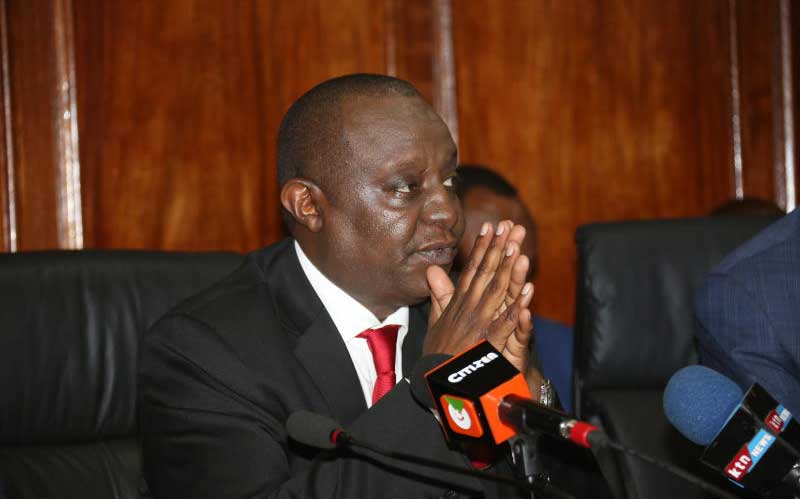×
The Standard e-Paper
Kenya’s Boldest Voice

The clamour for higher pay by civil servants, teachers and nurses is threatening to scuttle National Treasury’s financial plans as it stares at an extra Sh18 billion spending.
A dismal performance in revenue mobilisation and a surge in the proportion of first-charge expenditure like payment of debts and pension have left Treasury in a delicate position to dole out even an extra cent to the disgruntled State workers.